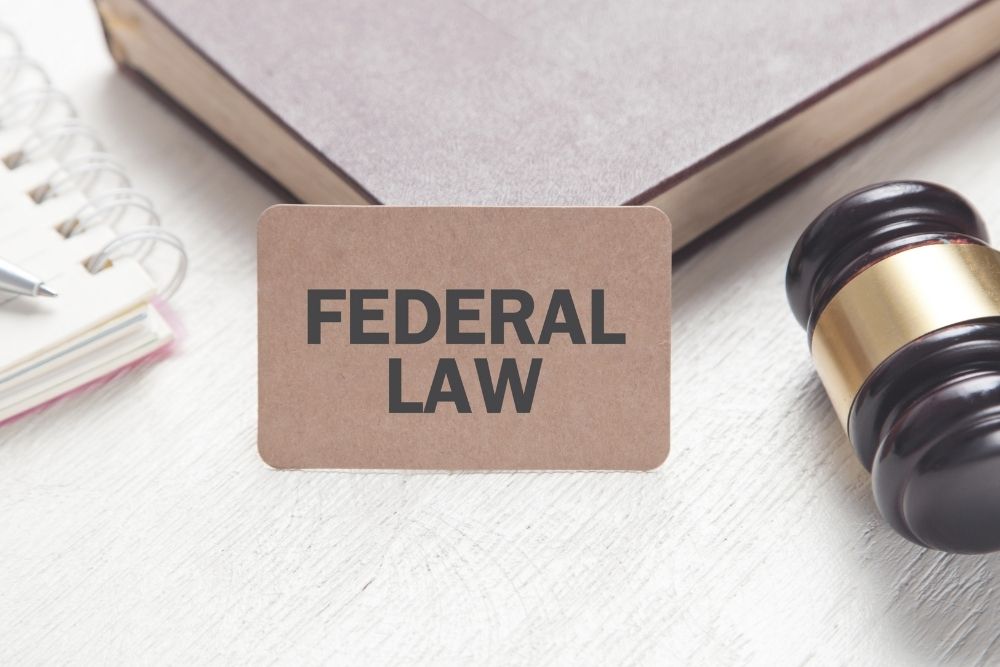When you commit a crime in Minnesota, it’s often assumed that it will be tried in a Minnesota state courtroom, but that’s not always the case. Some crimes, such as sex crimes, can be tried in federal court. The serious penalties that you may already be facing in Minnesota can turn even weightier on a federal level.
When does a crime turn from a state matter to a federal one, specifically sex crimes? And what are the consequences if you are found guilty in federal court? Read on to find out.
When Is a Sex Crime Considered a Federal Crime?
Sex crimes are prosecuted in the jurisdictions where they took place, just like any other crime. However, there are some sex crimes that are considered matters in both state and federal court.
It is not unheard of for charges to be brought in state court only to be ultimately released to federal court – and prosecuted. Sometimes, sex crimes can even be prosecuted at both the state and federal levels. It really depends on the details surrounding the case.
It is most likely that federal courts will take cases from the state involving sex crimes that occurred through the use of the internet or crossed over state lines during the time they were being perpetrated. The most common sex crimes prosecuted by federal courts include crimes such as:
- The exploitation of minors
- Selling or buying children
- Distribution or possession of child pornography
- Solicitation of a minor online, especially when it crosses state lines
- Aggravated rape
- Aggravated sexual abuse
- Transportation of people, including minors, over state lines or to other countries with the intent to engage in criminal sexual activity
Federal Sentencing for Sex Crimes
The federal government uses federal criminal sentencing guidelines to guide the penalties for crimes committed in their jurisdiction, including sex crimes. The guidelines are a system that define a sentencing range for a specific crime. They’re complicated, but they are available on a grid that is easy to read and understand. So this is something that an attorney can easily explain and show to you.
In the guidelines, offenses are called points. For each federal crime, there’s a number of points attached to it. Mitigating and aggravating factors can subtract or add points to the crime, respectively. The category of the crime can also make an impact on how the points are calculated, as well as any criminal history you may have related to the crimes.
Federal crimes can be misdemeanors or felonies. Misdemeanors are separated into three distinct classes: A, B, and C. The most serious is a Class A misdemeanor, while the least serious is a Class C.
For felonies, they are separated into five classes: A, B, C, D, and E. Class A felonies are the most serious while Class E are the least – though all can result in prison time and fines.
Class A felonies can result in life in prison and fines of $250,000, for example. On the other end of the spectrum, Class A misdemeanors can result in up to one year in prison and fines of as much as $100,000.
Federal sex crimes are treated just as harshly as other federal crimes due to the federal sentencing guidelines. Throw in the possibility that you may have to register as a sex offender, and it’s vital to get professional legal help to assist you through the process if you’re charged with a federal crime.
About the Author:
Christopher Keyser is an AV-Preeminent rated criminal and DWI defense attorney based in Minneapolis who is known for fighting aggressively for his clients and utilizing innovative tactics to get the most positive results. He has been featured in numerous media outlets due to the breadth and depth of his knowledge and named a Certified Specialist in Criminal Law by the Minnesota Bar Association. Mr. Keyser is Lead Counsel rated, and he has received recognition for his criminal law work from Avvo, Expertise, Super Lawyers, The National Trial Lawyers, and more








